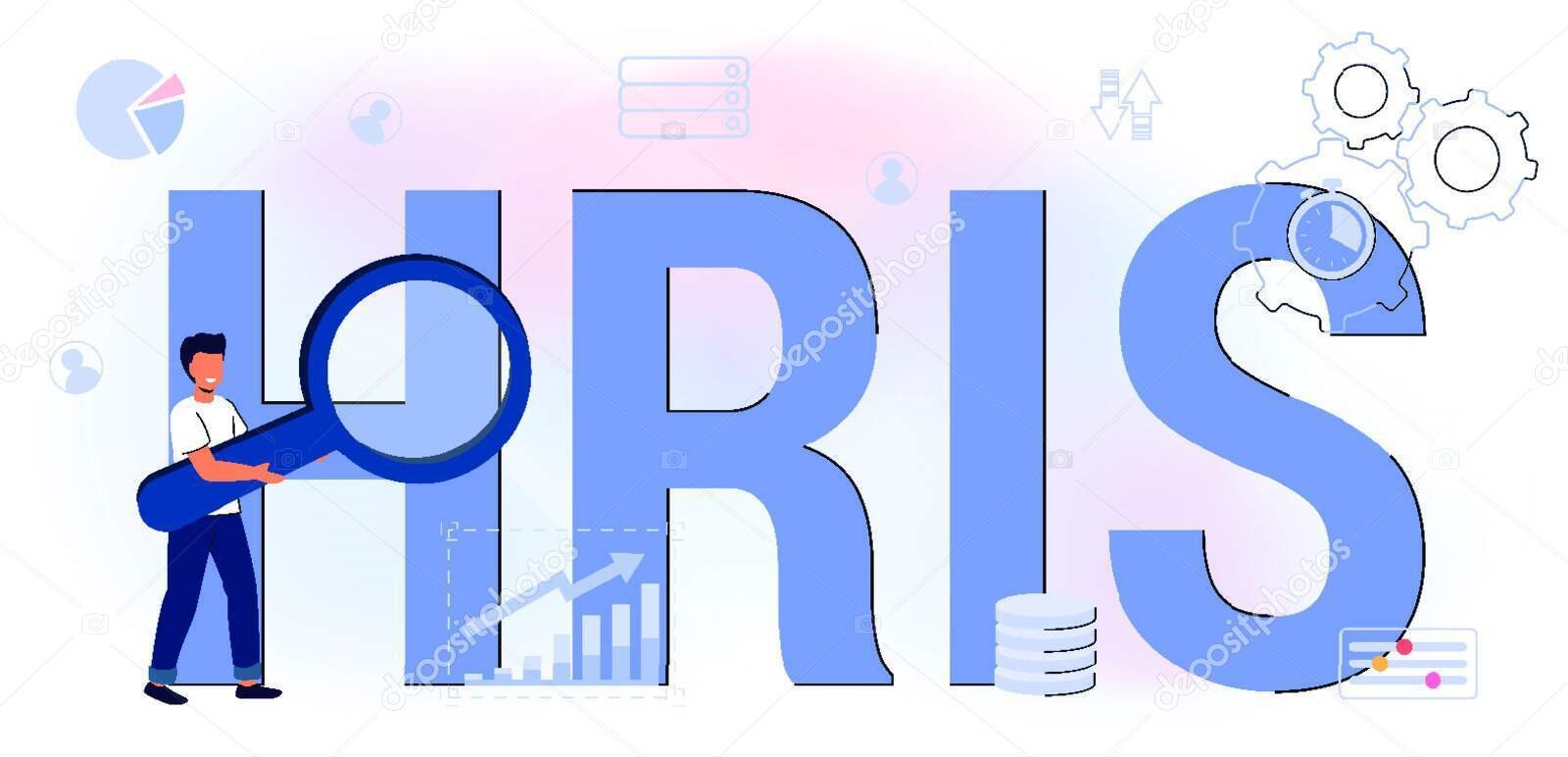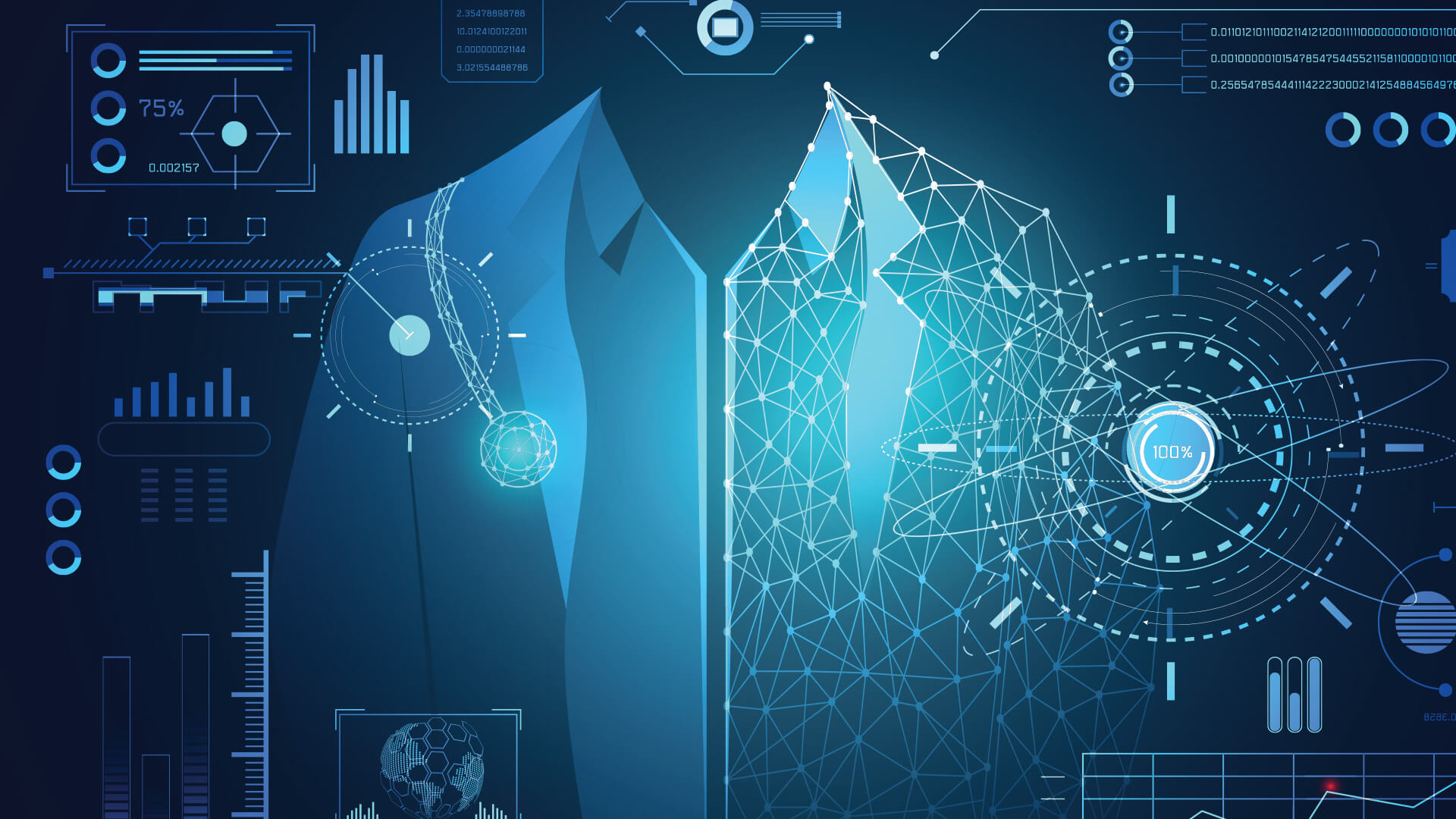
Modern HR operations involve using platforms, tools, software, and systems that help automate organizations’ HR processes. HRIS and HRMS are fantastic HR technologies used by companies for efficient recruitment and human resource management. Individuals usually get confused with HRIS and HRMS and think both HR technologies function similarly. This is not the case. Both HRIS and HRMS are distinct HR automation technologies having specific functions and goals.
This article will help you understand the difference between HRIS and HRMS.
What Is HRIS?
Human Resource Information System (HRIS) refers to the HR software that manages the human resources operations of businesses. These operations primarily focus on policies, employees, and hr procedures. A Data-driven software, HR Information System represents the database that comprises all employee data such as personal information, work history, etc., offering employee information and insights. The software is primarily utilized for employee data entry, data tracking, and data management of the entire HR operations of companies.
Let’s take a look at the critical features of HRIS:
Database management
Payroll Functions
Attendance Management
Time and Labor management
Talent Acquisition And Retention
Benefits Management
Employee Interface
What Is HRMS?
Human Resource Management Software (HRMS) refers to employee management in an organization. The HRMS payroll software prioritizes organizational competency and focuses on workforce acquisitions, employee management, and optimizations. The software provides critical tools for talent management, talent acquisition, and talent organization. It automates vital HR functions related to onboarding, performance tracking, onboarding, and compensation. This helps the HR team carry out their responsibilities in an optimized and structured manner.
The HRMS payroll software comprises various tools such as:
Payroll documents
Timeline Sheets
Productivity Analytics
The HRMS can be tailored for every organization to support organizational activities and actions. It offers a strategic approach involving all practices, processes, and systems used for employee management and development.
Take a look at crucial HRMS features:
Workforce Acquisition
Recruitment
Applicant Tracking System (ATS)
Onboarding
Requisition Management
Talent Management
Time And Attendance
Payroll Process And Management
Performance Management
Talent Optimization
Learning And Development
Competency Tracking
Employee Training
Career Pathing
HRIS VS HRMS: The Key Differences
Although HRIS and HRMS have multiple similarities, the crucial differences make them two different HR technologies. HRIS offers assistance with recruiting, leave management, workflows, self-service portals, compensation management, personnel tracking, and more. These are significant organizational needs that go beyond acquisition and data management. Core HRMS offering consists of all HRIS features combined with employee performance tracking, employee training, learning and development, analytics management (from HRIS data), workforce paling regarding employee talent mapping, and more. So, HRMS includes HRIS features but is more complex and comprehensive than the former. With the HRMS payroll software, hr personnel can
fully engage on employee-specific levels with employee-oriented functions like employee performance, analytics, and onboarding. HRIS offers more fundamental-level employee data.
The Scope Of HRMS Software
Today, HRMS software is incorporating payroll and labor management within their functions and thus expanding their control by including HRMS offerings. A critical point to remember is choosing a reliable HRMS payroll software provider who does not solely dub themselves as HRMS vendors to elevate their brand and expand clientele. PeopleWorks is a reliable hrms software provider that promises to incorporate new-age solutions within their software and offer robust human resource management software that focuses on intelligent employee data utilization resulting in boosted productivity and company revenues. The software aims at simplifying HR workings within an organization.
The Choice Is Yours
Choosing between HRMS and HRIS software depends wholly on your specific company’s needs.
Understanding the primary difference between HRIS and HRMS is a good start, followed by comprehending your unique organizational needs, which helps you make the right decision.
Ask the following Questions to Determine the Best Choice:
What are the various issues the current HR processes or HR software face?
What are your company’s central HR function needs?
How do you manage employee data?
What is your onboarding process like?
Is there a need for talent management in your organization?
What HR technology your organization currently uses?
PeopleWorks is here to streamline all your Human Resource Needs!
Selecting the right HR software helps HR managers streamline organizational operations, cultivate productive employee relationships and drive the organization toward growth and productivity. Whether you select HRIS or HRMS, the decision should carefully analyze your HR needs and growth plans. PeopleWorks is here to offer dedicated support for helping organizations and companies select the right hr software and provide the right hr software solutions.
